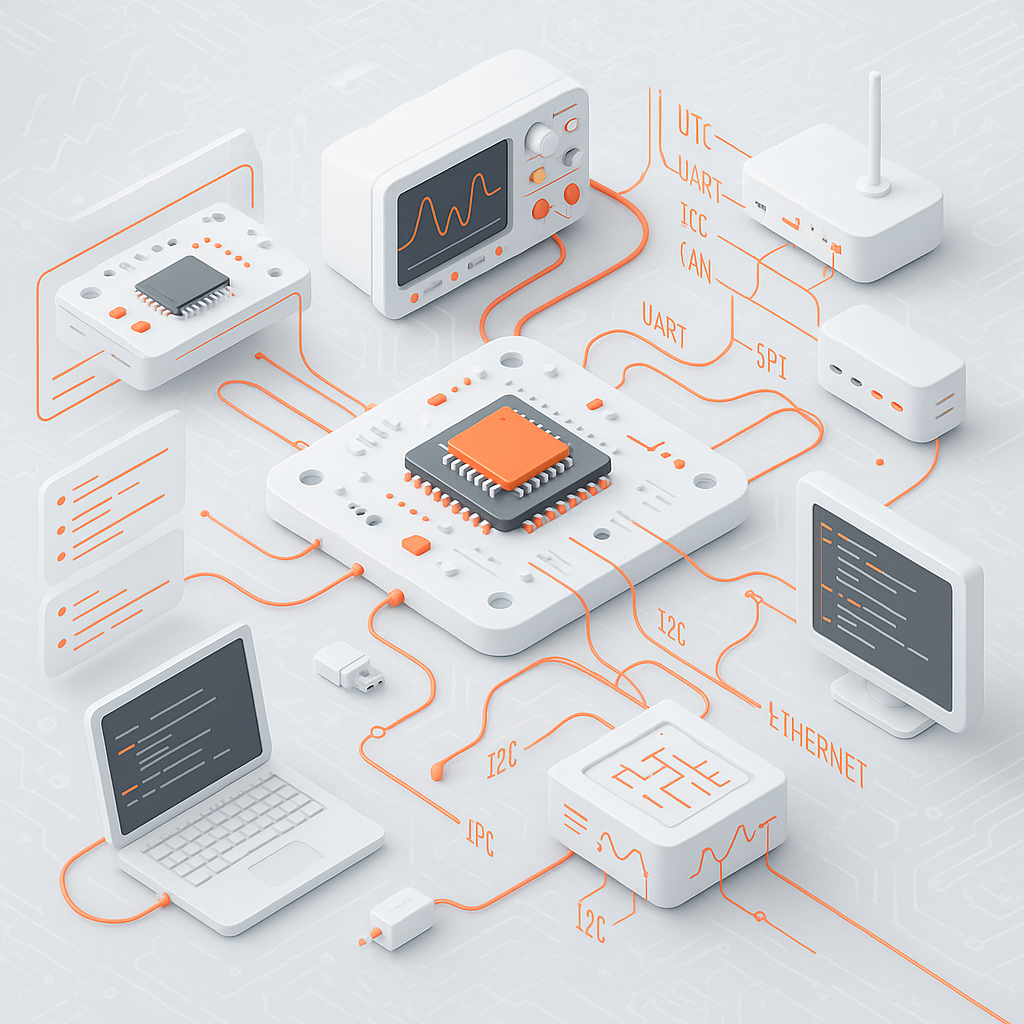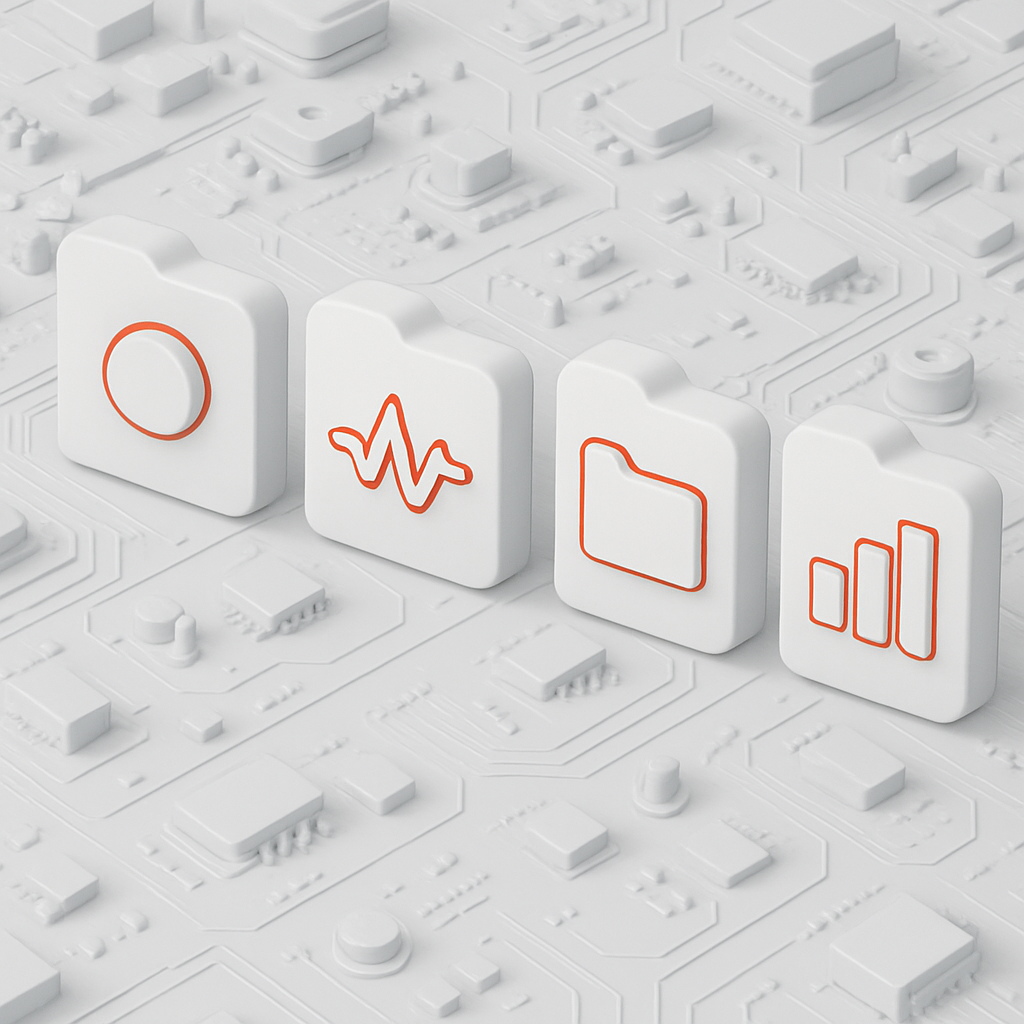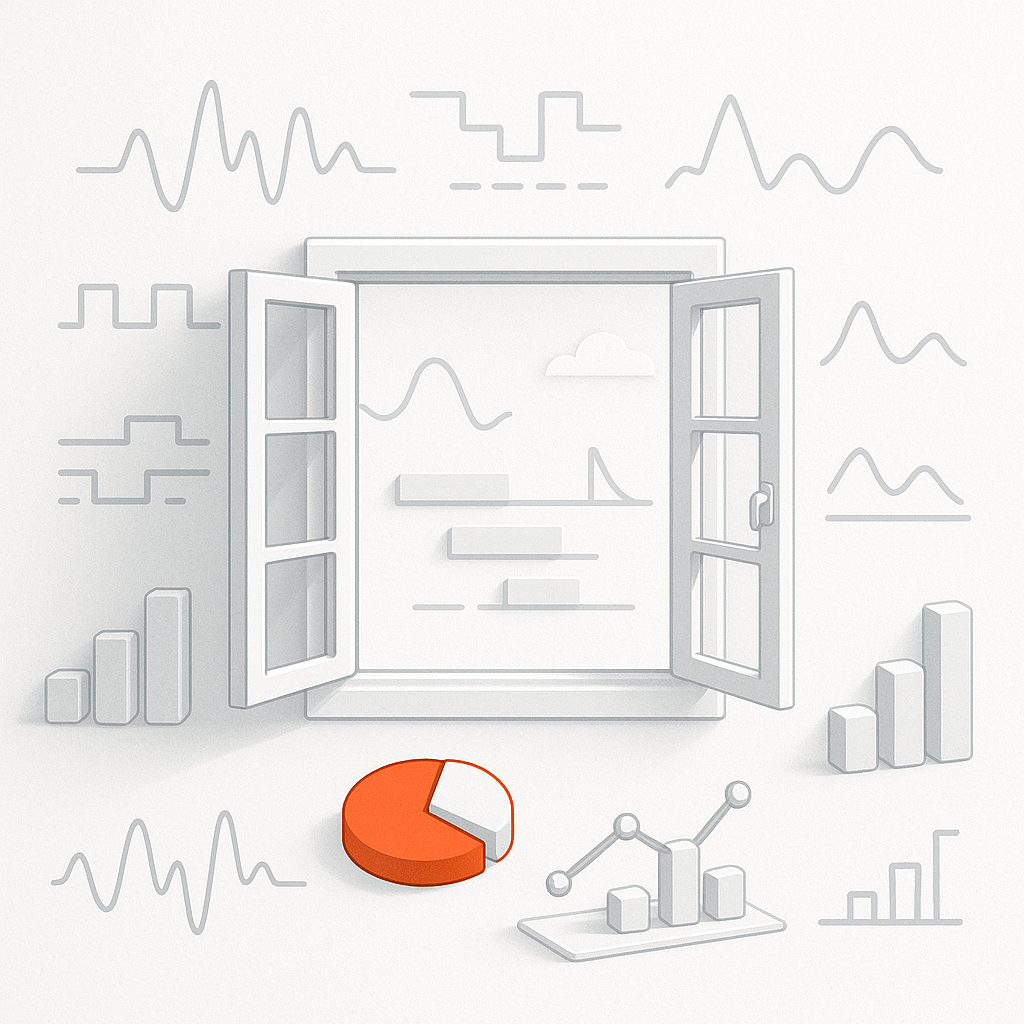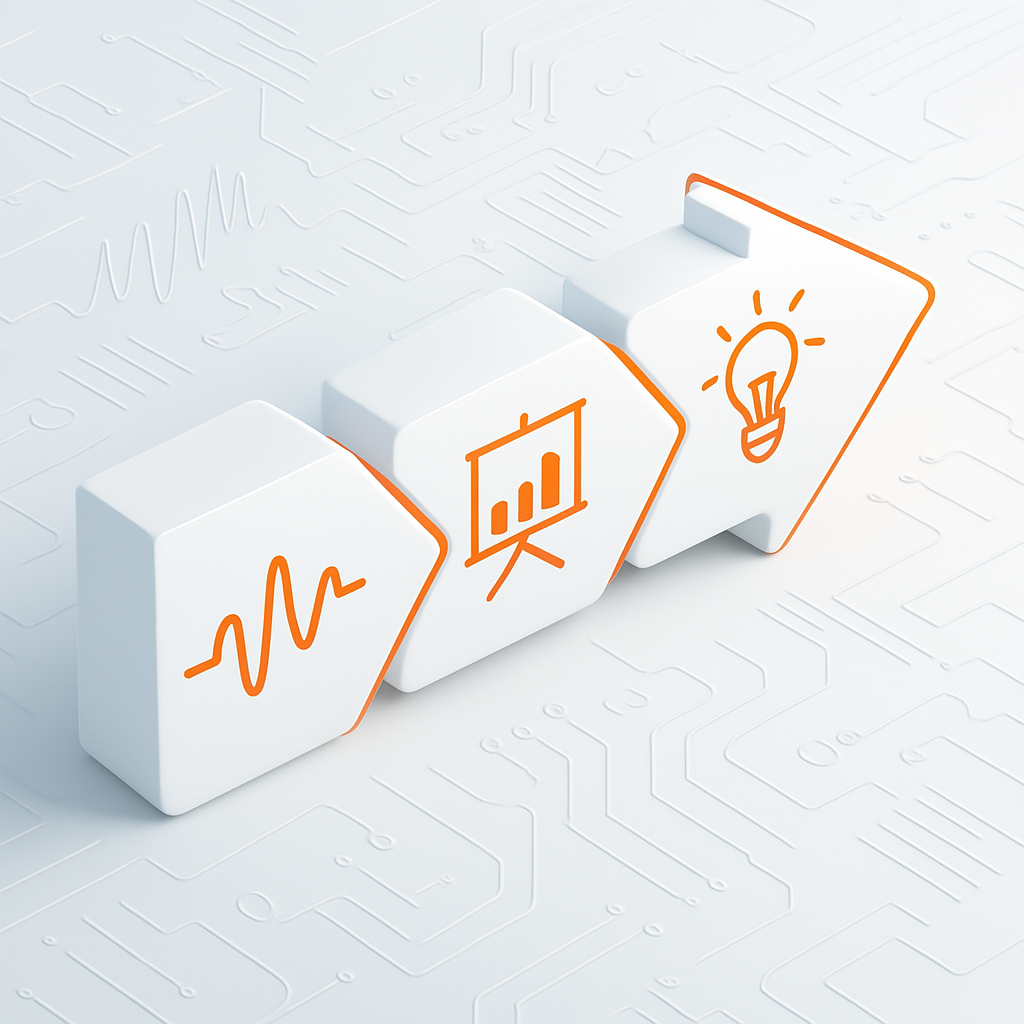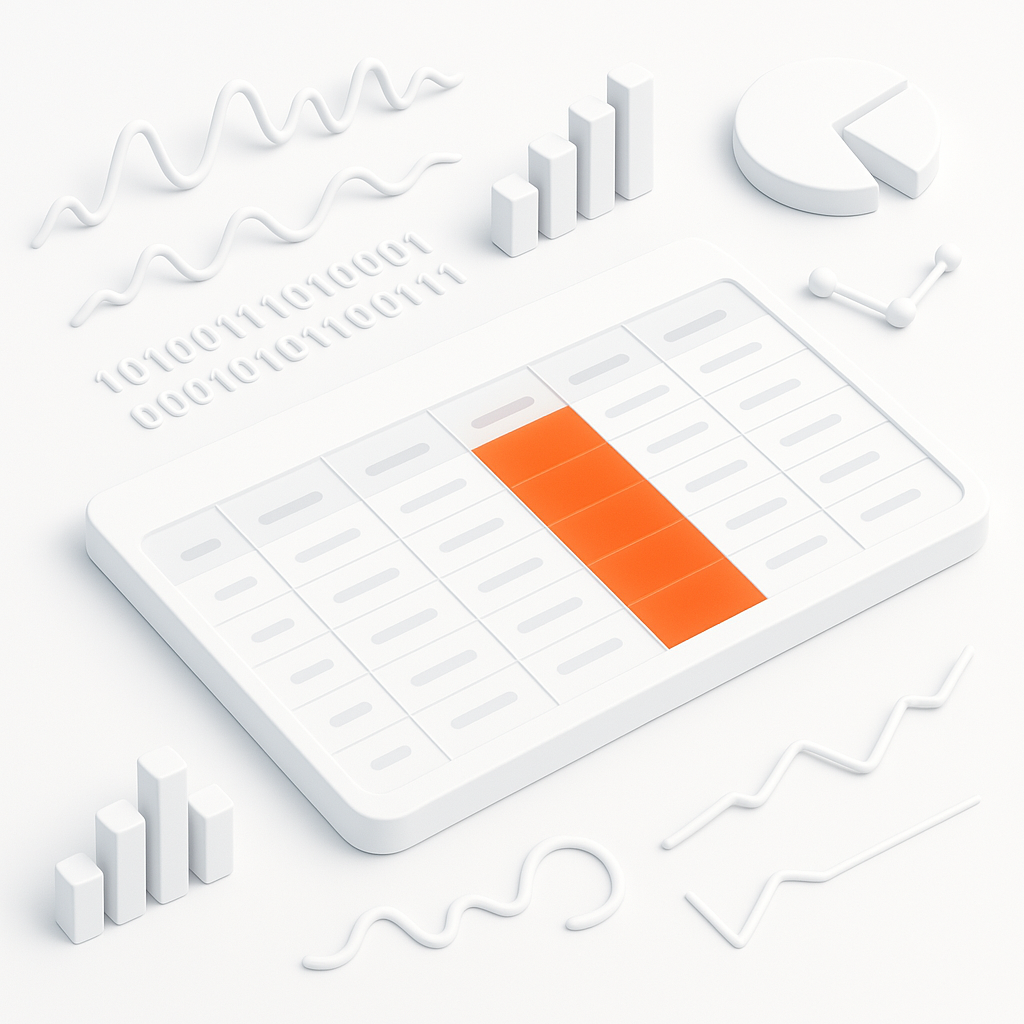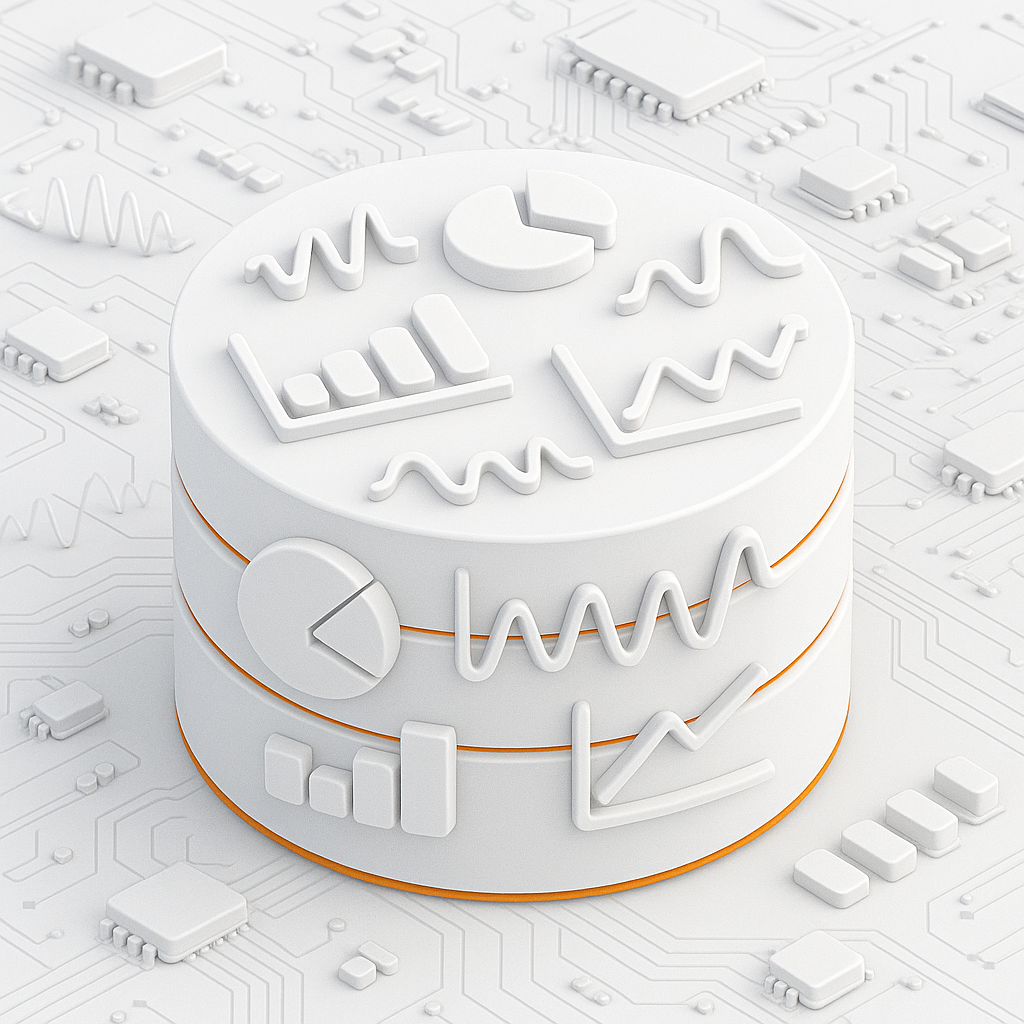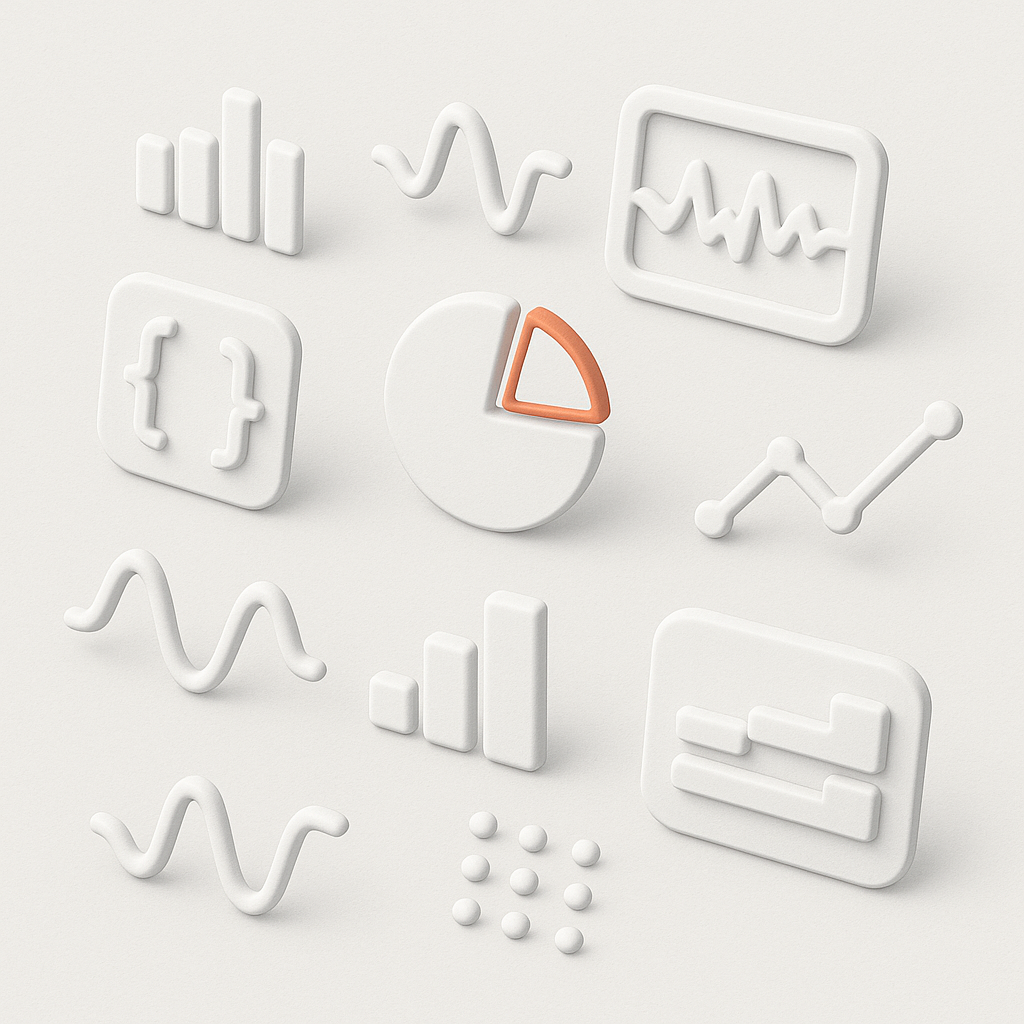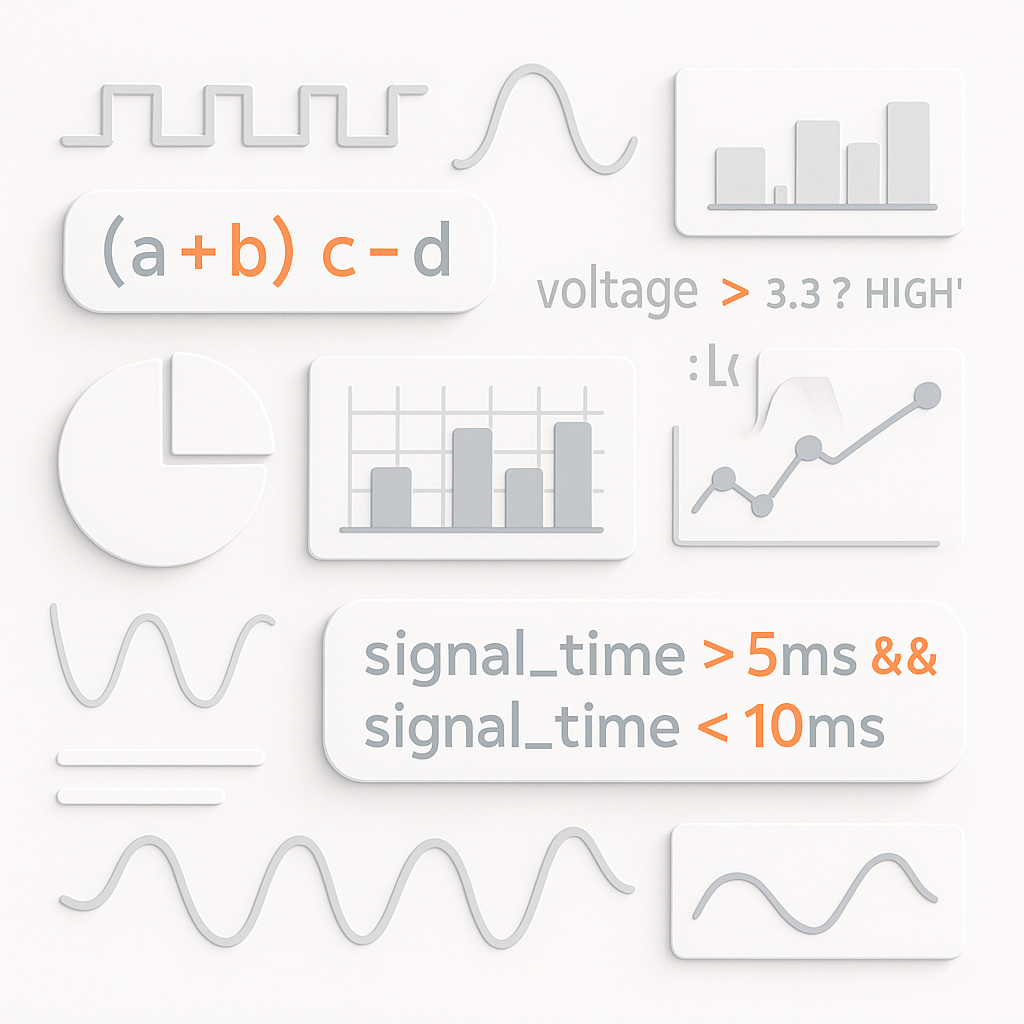Resources
impulse manual
1 Complexity of Embedded Systems
The complexity of embedded systems is increasing, demanding advanced troubleshooting. Engineers must understand hardware-software interactions, leveraging visualization tools to pinpoint issues, analyze data, and optimize performance. Signal calculation tools and debugging techniques enhance reliability and efficiency in intricate environments.
2 Introduction
impulse is a visualization and analysis workbench for engineers, enabling efficient debugging of complex systems. It integrates seamlessly into IDEs, supports extensions, and offers customizable views, signal processing, and automation for analyzing logs, traces, and simulation data effectively.
3 impulse at a Glance
The impulse Viewer is a comprehensive tool designed to visualize and analyze signal data, such as traces, simulation outputs, and logs. It provides a user-friendly interface for managing, filtering, and exploring signals, making it an essential tool for engineers and developers working with complex data. The viewer is divided into two main areas: the Record […]
4 Views
Every development process is unique, and every developer has a distinct workflow. With impulse, users can customize their views to match their specific needs, ensuring an efficient and intuitive experience. The user-friendly interface keeps the focus on signal data rather than the tool itself. Powerful visualization elements enable the creation of informative, tailored displays. Choose […]
5 View Signals and Folders
In the impulse framework, View Signals and View Folders are essential for organizing and visualizing signal data effectively. View Signals are configurable representations of signal data that provide information on which signal to use or how to generate it, without storing the data themselves. They include customizable settings such as color, name, diagram type, and […]
6 Complementary Views
Complementary views in the impulse Viewer, such as Sample Tables and the Sample Inspector, enhance the analysis process by providing synchronized and detailed insights into signal data. These views are fully integrated with the active viewer, ensuring real-time updates and seamless interaction with signals, cursors, and data streams. They allow users to filter, combine, and […]
7 Records
A record primarily consists of signals and scopes, which are organized in a hierarchical structure, such as a tree with folders. Signals represent the data, while scopes act as containers to organize these signals into a structured hierarchy. In addition to signals and scopes, records can include other elements that enhance their functionality, such as […]
8 Understanding Signals
Signals are a core concept in impulse, representing data streams with various attributes and behaviors. This document provides a comprehensive overview of signals, their types, tags, scale, and format specifiers. Whether you’re working with discrete or continuous signals, this guide will help you understand their structure and usage in impulse. Overview of Signals A signal […]
9 Searching for Samples
This page explains how to search for samples within your data. The search functionality helps you locate positions where selected samples meet specific criteria. Note that this page does not cover searching for signals; for that, please refer to the viewer documentation. Searches can yield one or multiple positions. You can search in both forward […]
10 Expressions
The impulse system features a powerful expression language that allows users to perform a wide variety of operations on signals, samples, and other data. Expressions can be used throughout the application, particularly in column filters, signal processors, and search operations. This document outlines the syntax, capabilities, and usage of expressions in impulse. Introduction to Expressions […]
11 Functional Blocks
Functional blocks are the core building elements of impulse, enabling flexible data acquisition, processing, visualization, and analysis. Each functional block type serves a specific role in the workflow, and impulse’s architecture allows users to extend, configure, and combine these blocks to suit their unique requirements. Types of Functional Blocks Impulse provides several types of functional […]
12 Preferences
Preferences in impulse provide a structured way to customize and configure various aspects of the workbench, enabling users to tailor the tool to their specific needs. From defining serializers and adaptors to setting up views and processors, preferences allow for seamless integration and efficient management of data sources, visualizations, and workflows. This section outlines the […]
